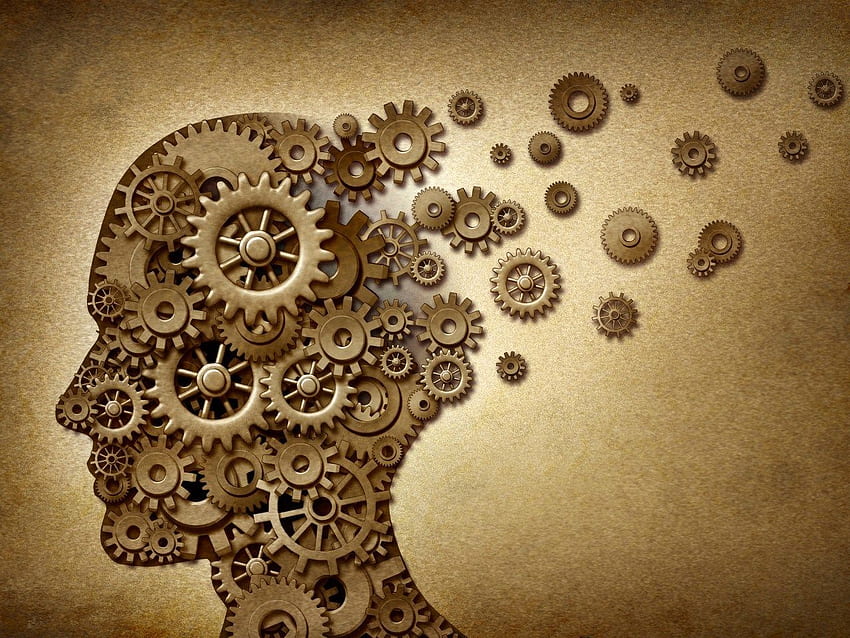
The human mind is an enigmatic masterpiece, brimming with untapped potential waiting to be unraveled. At the heart of this exploration lies the captivating field of psychology, a fascinating study of the complex processes that govern our thoughts, feelings, and behaviors. Delving into the depths of the psyche, psychologists aim to decipher the intricacies of human cognition, emotions, and interactions, offering valuable insights into how and why we tick. Through their extensive research and empirical investigations, they seek to unlock the hidden mysteries of the mind and shed light on the ways in which our inner workings shape our experiences and shape who we are.
Psychologist Melbourne
Psychology serves as a bridge between science and the human experience, merging rigorous scientific inquiry with the delicate intricacies of the human condition. It delves into the vast landscape of our minds, investigating everything from our earliest memories to the subconscious forces that drive our actions. By understanding the workings of the mind, psychologists provide valuable tools to enhance personal growth, strengthen relationships, and promote well-being.
In this article, we embark on a journey into the depths of psychology, exploring its multifaceted nature and the profound impact it has on our lives. From the pioneering theories of Freud to the groundbreaking insights of contemporary cognitive and positive psychology, we delve into the various branches and schools of thought that have shaped this ever-evolving discipline. We will uncover the fascinating ways in which psychologists unlock the secrets of the mind, employing a wide array of research methods from experiments and surveys to clinical observations and case studies.
Join us as we embark on a captivating exploration of psychology’s depths, aiming to unravel the complexities of human cognition, the intricacies of our emotions, and the profound ways in which understanding our minds can shape our lives. Together, let’s uncover the mysteries that lie within and gain a deeper appreciation for the wonders of psychology.
Theoretical Foundations of Psychology
Psychology, the science of the mind and behavior, is built upon a solid foundation of theories that help us understand and explain human thought and actions. These theories provide frameworks for studying various aspects of the human mind, such as cognition, emotions, personality, and social behavior.
One of the key theoretical foundations of psychology is the psychoanalytic theory developed by Sigmund Freud. According to this theory, human behavior is influenced by unconscious thoughts and desires, which can be brought to light through techniques like dream analysis and free association. Freud’s theories have had a profound impact on the field of psychology, particularly in the understanding and treatment of psychopathology.
Another influential theoretical perspective in psychology is behaviorism, which focuses on observable behavior rather than internal mental processes. Behaviorists argue that all behavior is learned through conditioning, either through associations (classical conditioning) or consequences (operant conditioning). This perspective has contributed to our understanding of how individuals acquire new behaviors and how they can be modified through reinforcement or punishment.
Cognitive psychology is another important theoretical framework that explores how individuals process information, make decisions, and solve problems. It emphasizes the role of mental processes such as perception, attention, memory, and problem-solving in shaping human behavior. Cognitive psychologists use experimental methods to study these mental processes and develop theories that explain how they influence our thoughts and actions.
In conclusion, psychology is grounded in various theoretical foundations that provide insights into the complexities of the human mind and behavior. From Freud’s psychoanalytic theory to behaviorism and cognitive psychology, these theories offer different perspectives on understanding and explaining the intricate workings of the human psyche. By exploring these theoretical frameworks, psychologists continually deepen our understanding of the human mind.
Branches of Psychology
In the vast realm of psychology, various branches have emerged to better understand and address different aspects of human behavior and mental processes. These branches provide specialized perspectives and methodologies, fostering a deepened understanding in their respective areas. Let’s delve into three prominent branches of psychology.
Cognitive Psychology:
Cognitive psychology focuses on the study of mental processes such as perception, attention, memory, problem-solving, and language use. It investigates how individuals acquire, process, store, and retrieve information. Through experiments and observations, cognitive psychologists endeavor to unravel the intricate workings of the human mind. By comprehending these cognitive processes, psychologists aim to enhance learning, decision-making, problem-solving, and overall mental well-being.
Developmental Psychology:
Developmental psychology explores the human lifespan, examining how individuals change and grow physically, cognitively, and emotionally from infancy to old age. It studies various aspects of development, including physical milestones, cognitive abilities, social skills, and emotional changes. Developmental psychologists aim to understand the factors that influence development and identify potential challenges or risks that may arise at different stages of life. Their insights contribute to the creation of effective interventions and strategies to support healthy development.
Clinical Psychology:
Clinical psychology focuses on the assessment, diagnosis, and treatment of mental health disorders. Clinical psychologists employ various therapeutic techniques to help individuals overcome psychological difficulties and improve their emotional well-being. They provide counseling, psychotherapy, and psychological testing to understand and address issues related to anxiety, depression, trauma, addiction, and more. By integrating research findings and clinical expertise, clinical psychologists contribute to the development of evidence-based practices that promote mental health and enhance quality of life.
In the next section, we will explore the significant contributions of psychology in our daily lives, shedding light on its practical applications. Stay tuned for more insights into the depths of psychology!
Understanding the Human Mind
Psychology explores the intricate workings of the human mind, seeking to unravel its complexities and offer insights into human behavior. By studying psychology, we gain a deeper understanding of what drives our thoughts, emotions, and actions.
One fascinating aspect of psychology is its focus on the conscious and unconscious mind. The conscious mind encompasses our immediate awareness, including our thoughts, perceptions, and sensations. It enables us to interact with the world around us and make conscious decisions. On the other hand, the unconscious mind operates beyond our conscious awareness, shaping our behavior through hidden desires, fears, and memories.
Another essential concept in psychology is cognition. Cognition refers to mental processes such as perception, attention, memory, and problem-solving. Understanding cognition allows us to uncover the mechanisms behind how we interpret information, make judgments, and form beliefs. It offers valuable insights into why we think and behave the way we do.
Psychologists also explore the role of emotions in shaping our thoughts and actions. Emotions influence our perception of the world and how we respond to events. By studying emotions, psychologists aim to shed light on the intricate connections between our emotional experiences and our mental well-being.
In conclusion, psychology’s exploration of the human mind provides us with invaluable knowledge about ourselves and others. By delving into the conscious and unconscious mind, cognition, and emotions, we gain insights that can aid us in improving our lives and understanding the diverse range of human experiences.

